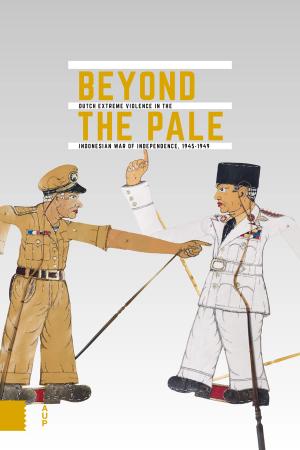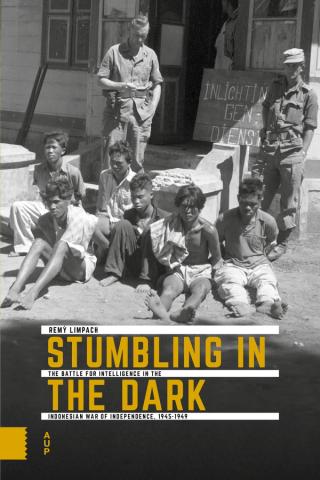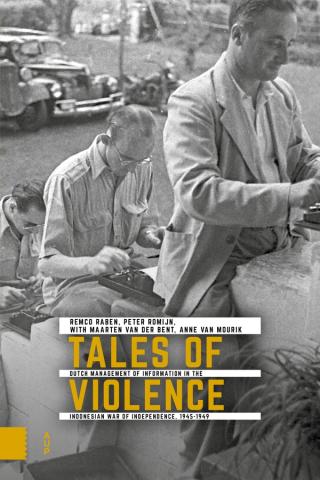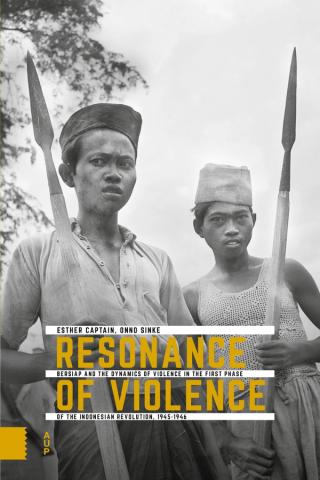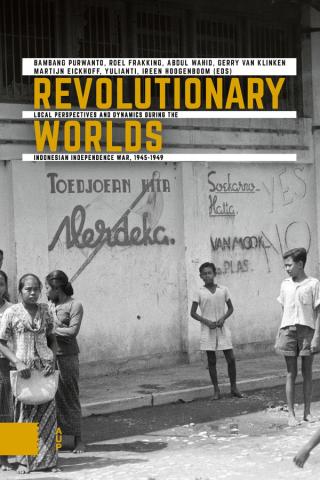Kon. Inst. v. Taal-, Land- en Volkenkunde (KITLV)
During the research, the authors – Gert Oostindie, Thijs Brocades Zaalberg, Eveline Buchheim, Esther Captain, Martijn Eickhoff, Roel Frakking, Azarja Harmanny, Meindert van der Kaaij, Jeroen Kemperman, Rémy Limpach, Bart Luttikhuis, Remco Raben, Peter Romijn, Onno Sinke, Fridus Steijlen, Stephanie Welvaart, and Esther Zwinkels – were all affiliated with the Royal Netherlands Institute of Southeast Asian and Caribbean Studies (KITLV), the Netherlands Institute for Military History (NIMH) or the NIOD Institute for War, Holocaust and Genocide Studies. The Indonesian historian Hilmar Farid wrote the epilogue.

